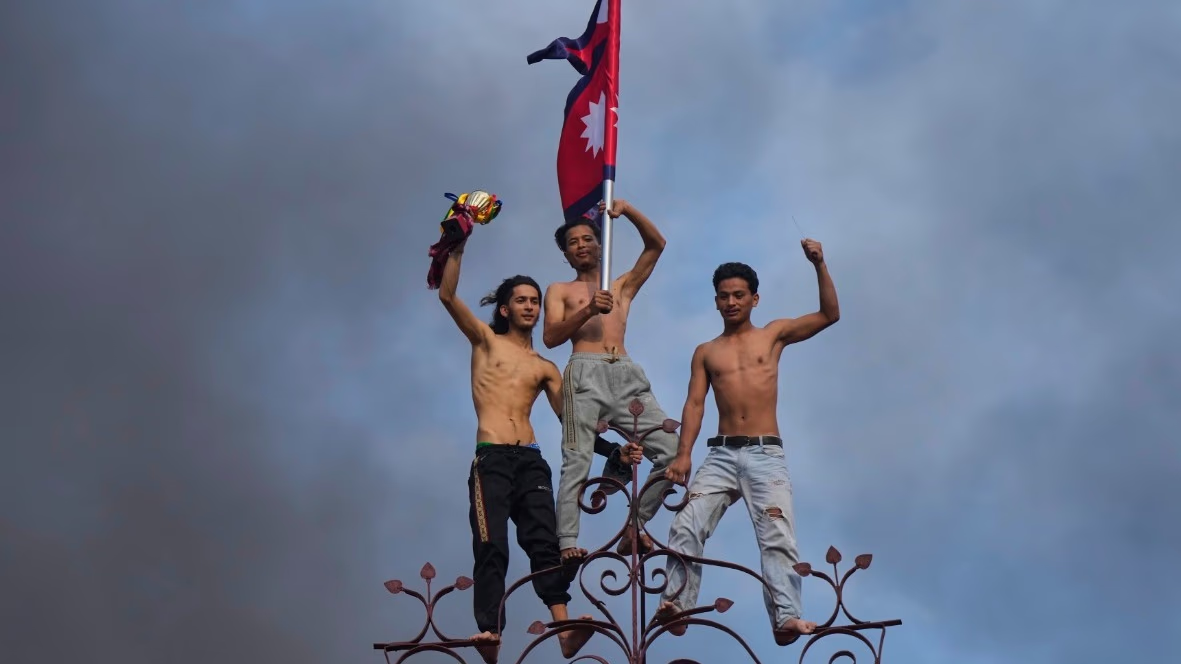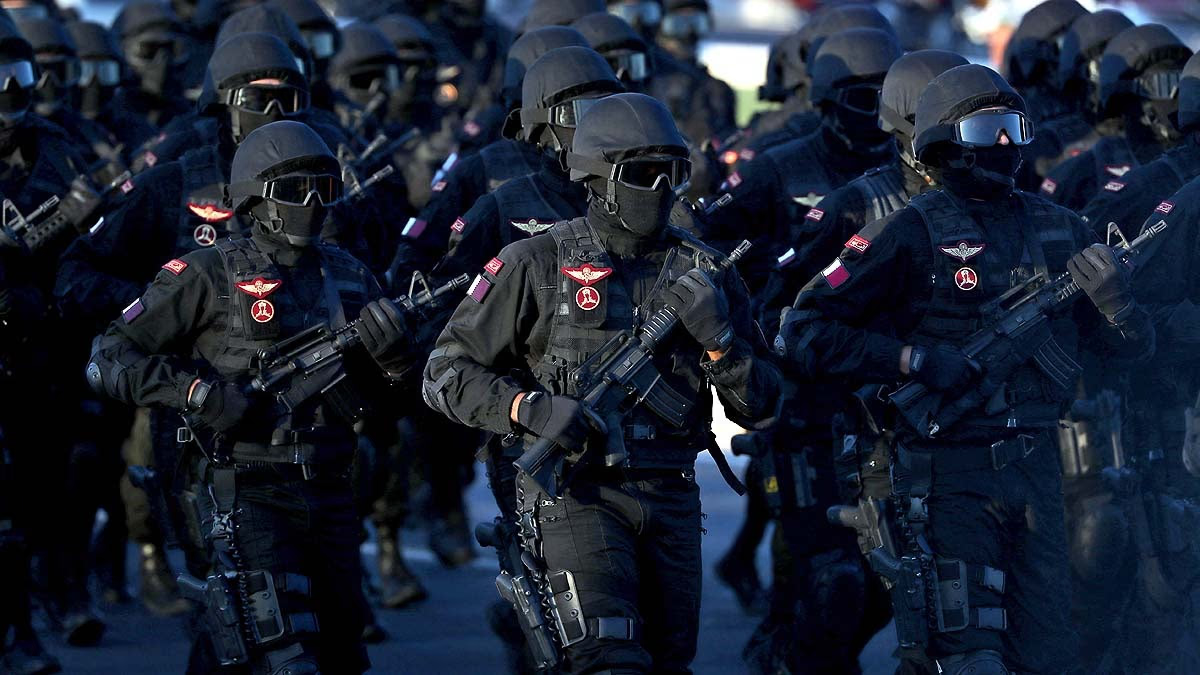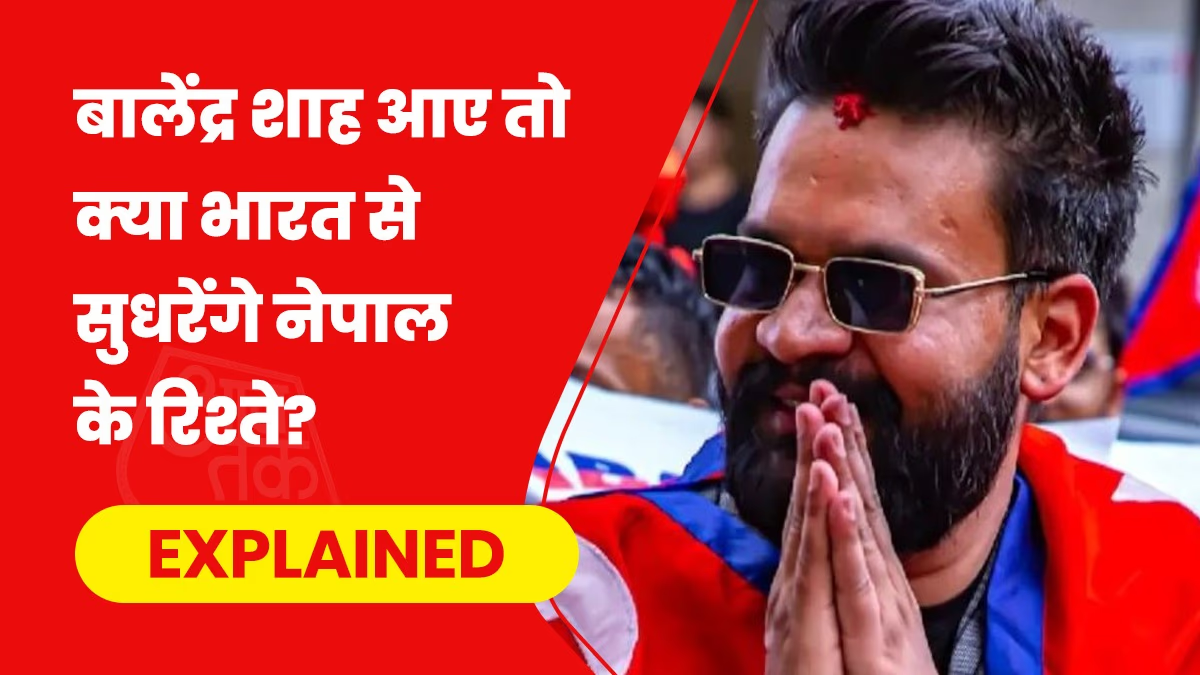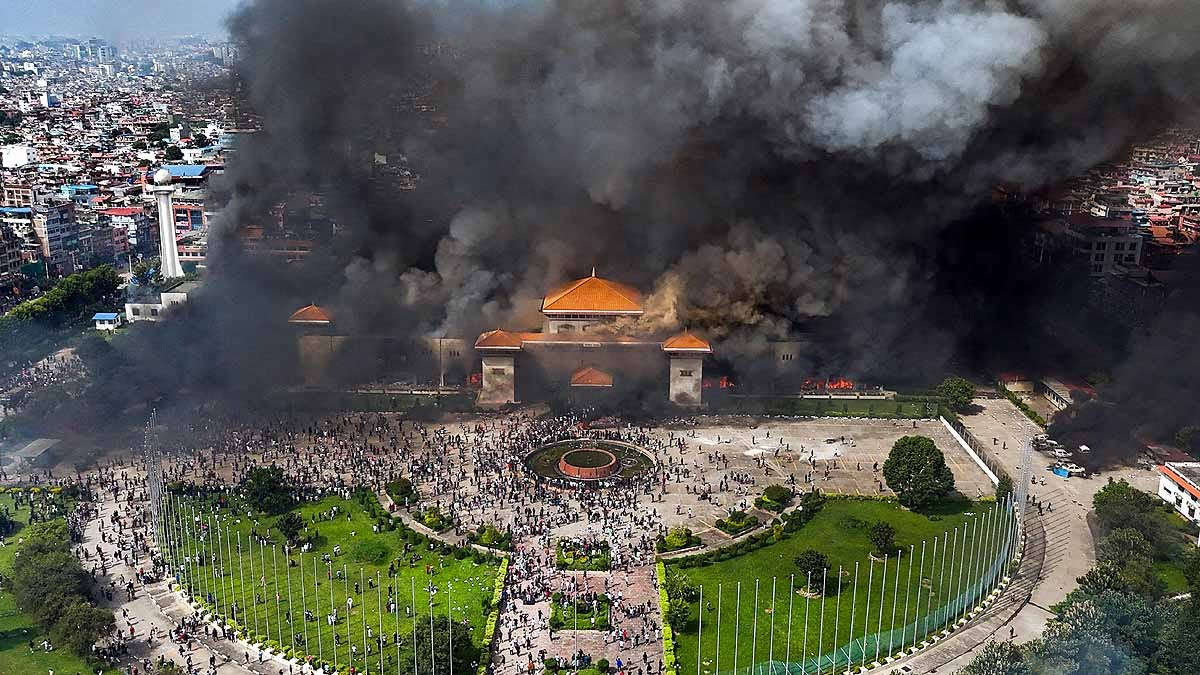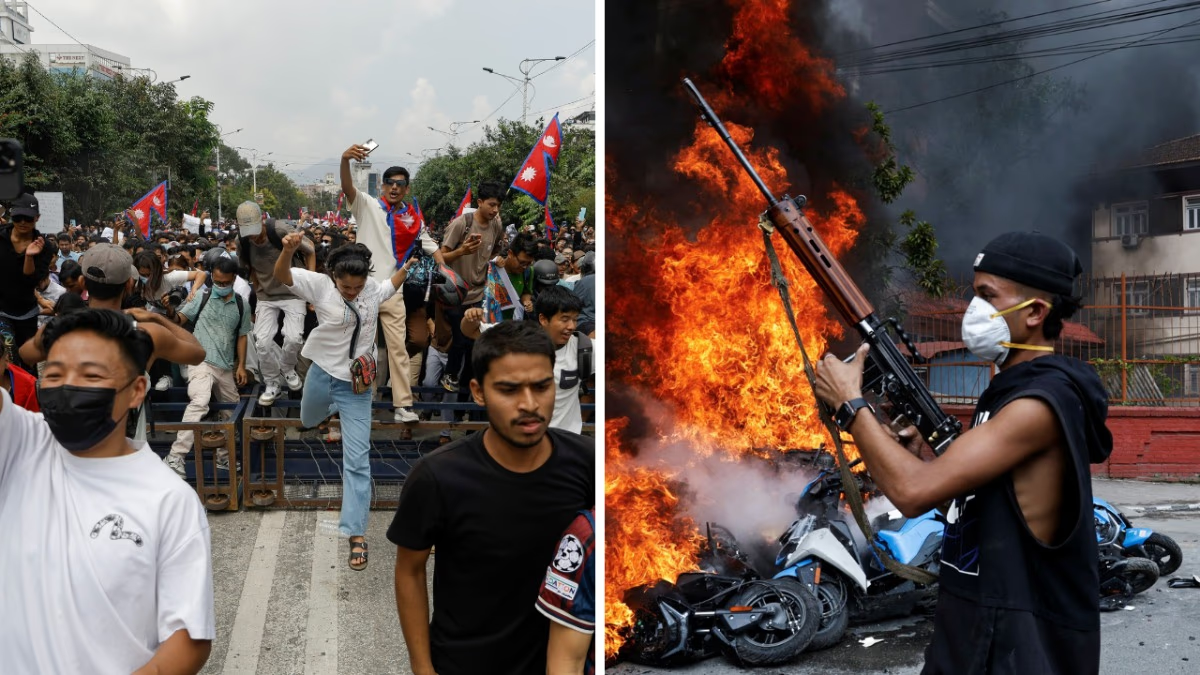The ex-Prime Minister of Nepal and renowned author, B.P. Koirala, in his book
Narendra Dai
, prophetically noted,
We endured silently for years, but the flames of anger must now erupt. The stagnation of this society suppressed us, but the time for rebellion is now.
Although penned against the repression during the Rana regime, current events suggest Koirala foresaw Nepal's contemporary upheaval decades ago.
Koirala stirred a rebellion through words, a sentiment now ablaze on Kathmandu's streets. The cries of protest resound not merely as youthful defiance but an eruption of a long-simmering volcano. This violence, albeit unjustifiable, signifies a reckoning with years of corruption, nepotism, and injustice. No wonder rebels target ruling leaders, former prime ministers, and their families with equal fervor.
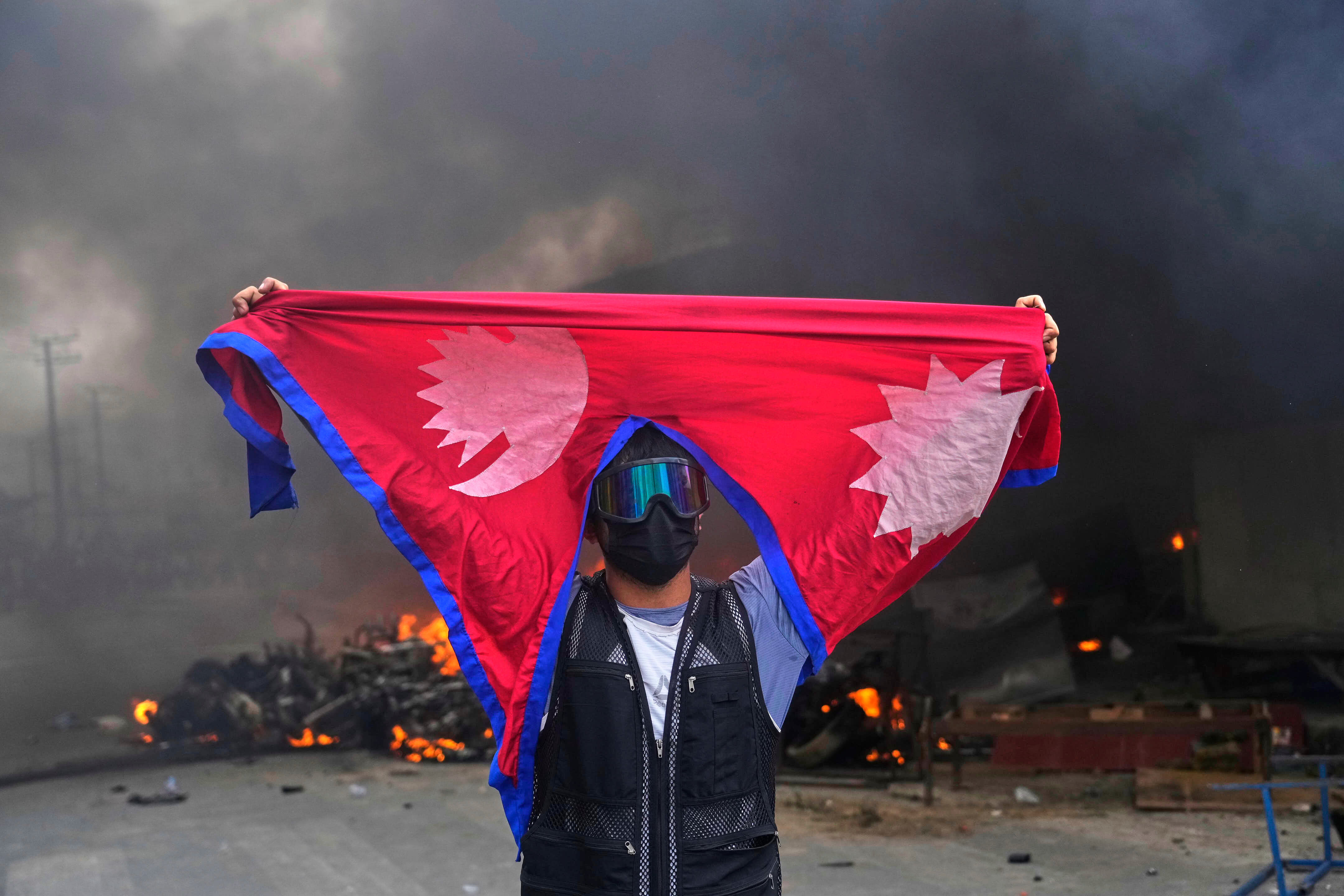
Source: aajtak
The youth's outburst in Nepal is rooted in years of perceived injustice and opposition against authoritative figures. Charles Tilly, in
The Politics of Collective Violence
, explores the notion of mob violence as not merely irrational but as a form of political performance.
Tilly elaborates that violence often arises from the struggle for social and political power, manifesting as collective action amidst demands for change or resource competition. Suppression of social movements tends to spike possibilities of violence, fuelled by economic and social inequalities.
Tilly's concept of 'Repertoires of Contention' suggests that while violence evolves with time and place, its core remains in the power struggle.
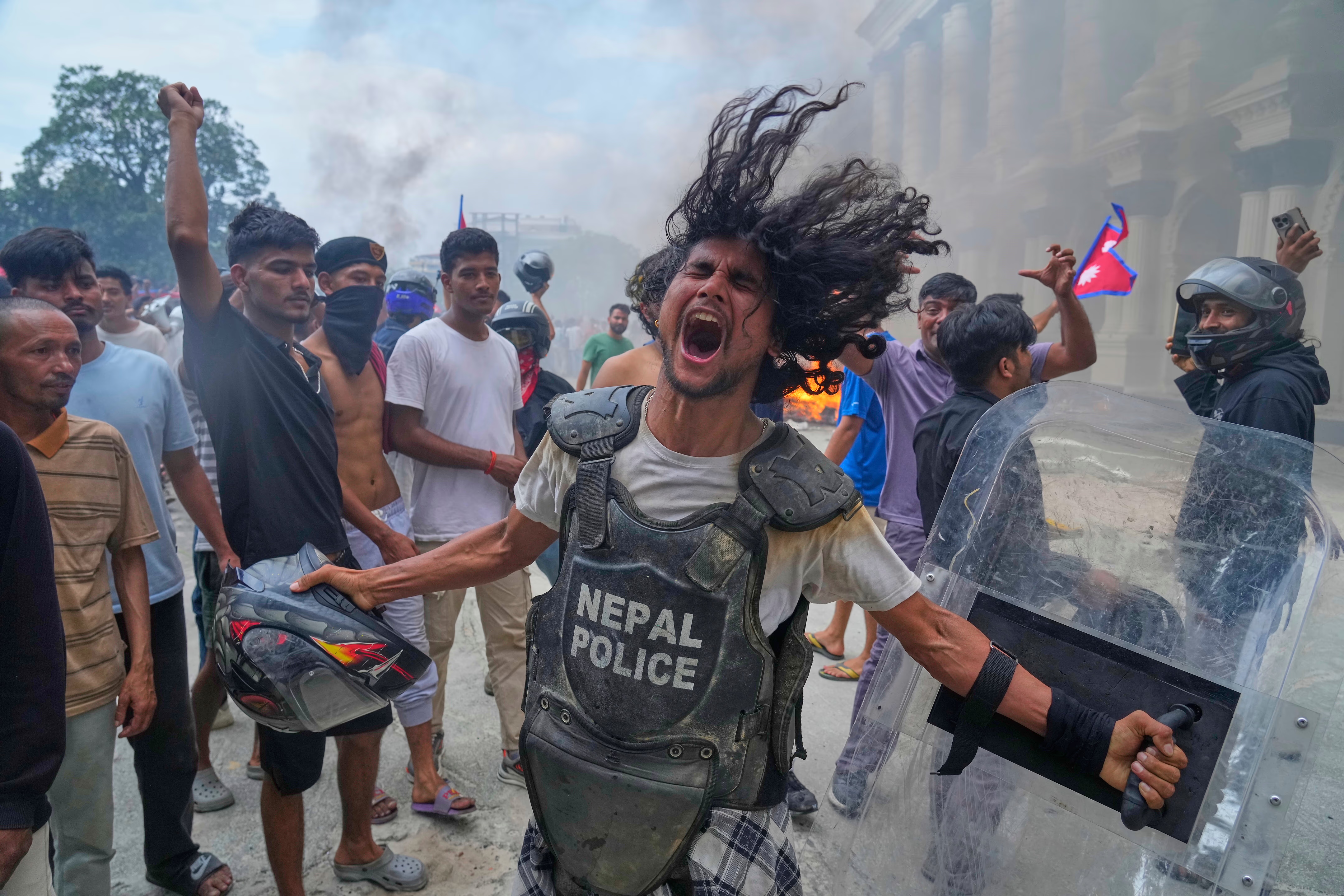
Source: aajtak
Why has it taken decades for this outburst in Nepal?
While anger against the Prime Minister and his government is understandable, assaults on former leaders and families are more startling. The roots trace back to decades of scandals entrenched in Nepal’s political landscape.
In 1991, the Nepali Congress government tendered for VIP helicopters. Indotrans Aircraft Services of Egypt won with an $18 million sale for an MI-17 helicopter. However, investigations revealed it was outdated and merely worth $4 million. The remaining $14 million commission went to relatives of Prime Minister Girija Prasad Koirala.
This scandal was so massive it toppled the Koirala government, causing uproar.
Numerous major scandals followed, gnawing at Nepal like termites. The 1990s
Lauda Air Scandal
was notorious. In 1999, Royal Nepal Airlines leased a Boeing 767 from Austria’s Lauda Air for $45 million over six years.
Later, it surfaced that the deal was riddled with corruption, chosen due to promised kickbacks. The airplane’s woeful condition necessitated constant repairs, sparking public outrage and parliamentary turmoil.
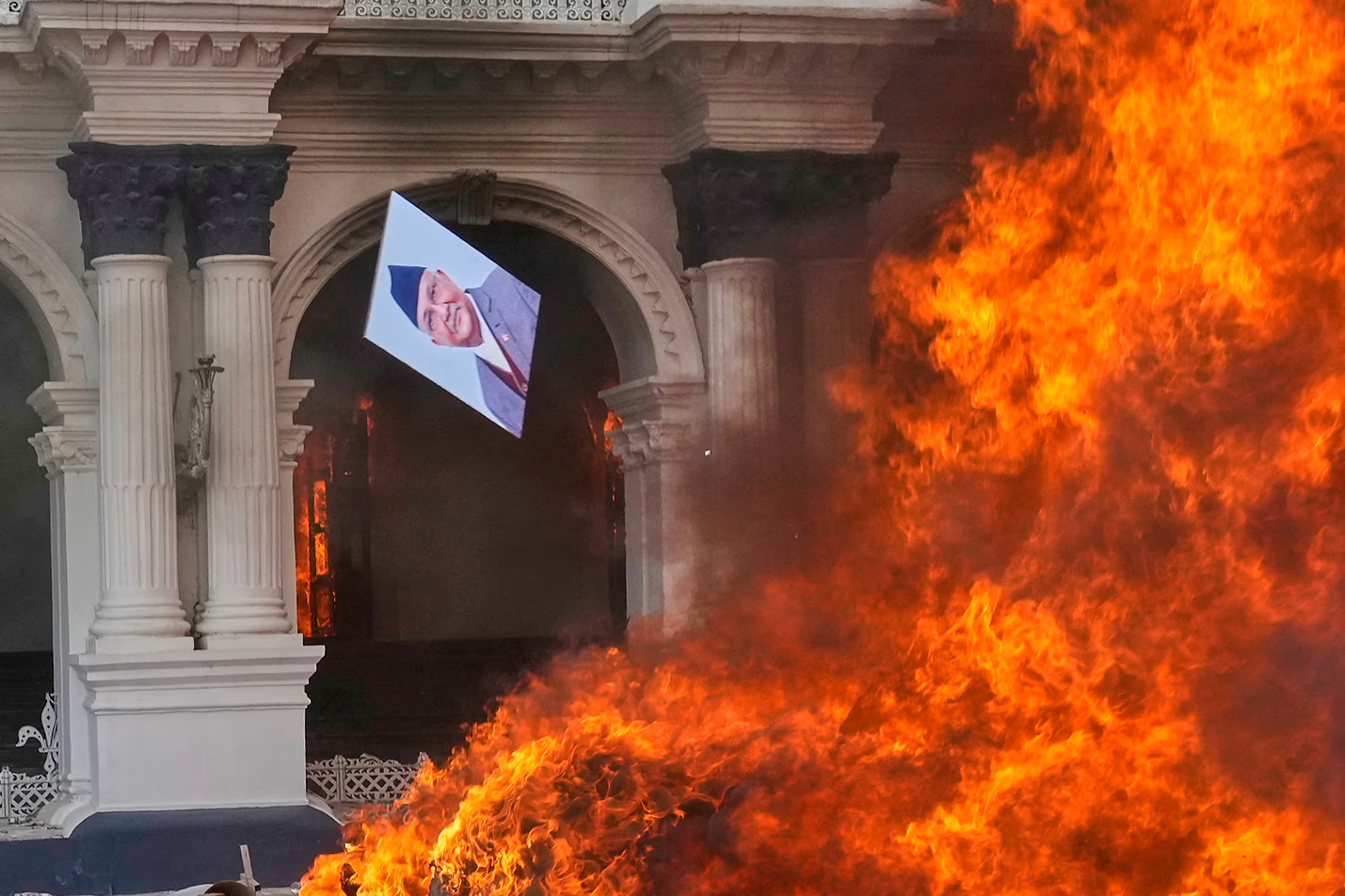
Source: aajtak
The 2008 Sudan scandal adds to this ignominious list. Nepal Police needed armored vehicles for a UN mission in Sudan, budgeting $30 million. A British firm secured the contract, yet investigations disclosed the vehicles were deficient, rejected by the UN mission.
High-ranking police officials and ministers were implicated.
Saturated with corruption, Nepal’s political scene ails industries, deterring investors. Direct employment suffers as countless Nepalis head to India, Malaysia, and the Gulf for opportunities, breeding antipathy toward politics.
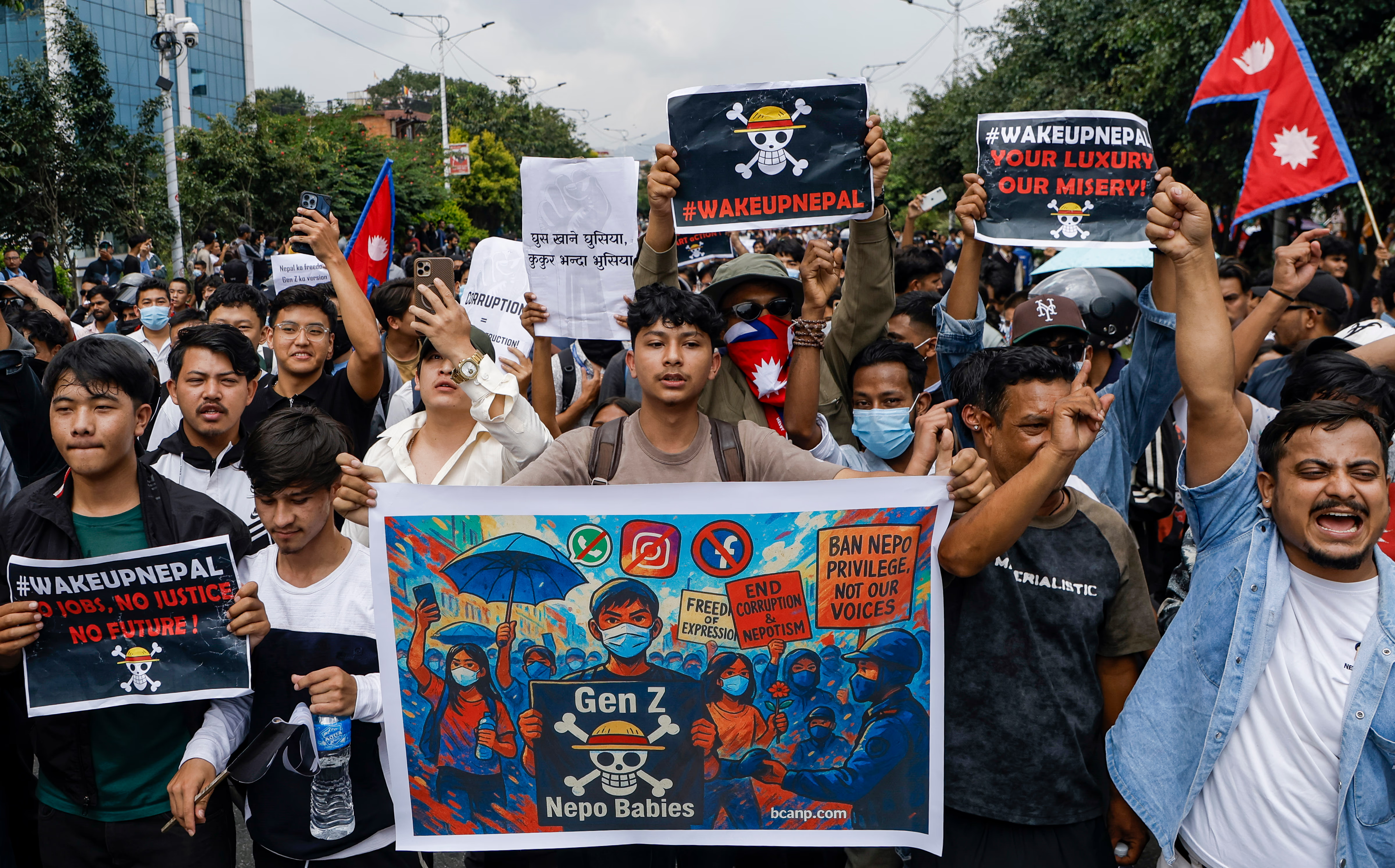
Source: aajtak
Despite the monarchy’s end, the Maoist movement, and strides toward democracy, power repeatedly consolidates among the same leaders and parties—the same leaders, their heirs, frequent Parliament and provincial assemblies.
Corruption grips Nepal, ranked 107th in the corruption index globally. Over 84% of the populace voices that the government is mired in corruption. The consequence is mass youth emigration for economic equality and opportunity elsewhere.
In the last three decades, nearly 6.8 million Nepalis work abroad, with 1.5 to 1.7 million in India, seeking livelihoods. Annually, over 100,000 students move abroad for education. The jobless rate climbed to 12.6% in 2022-2023.
Nepal's youth are especially aggrieved by nepotism. Political dynasties dominate from the Nepali Congress to the Communist Party (UML) and the Maoists. The Parliament, bureaucracy, and competitive exams privilege 'nepo kids,' disillusioning youth who migrate abroad.
Frustrated youth began voicing dissent against nepotism on social media this year. Trending hashtags prompted the government to restrict numerous social media accounts, citing unfulfilled registration requirements. This step by the Oli government backfired.
